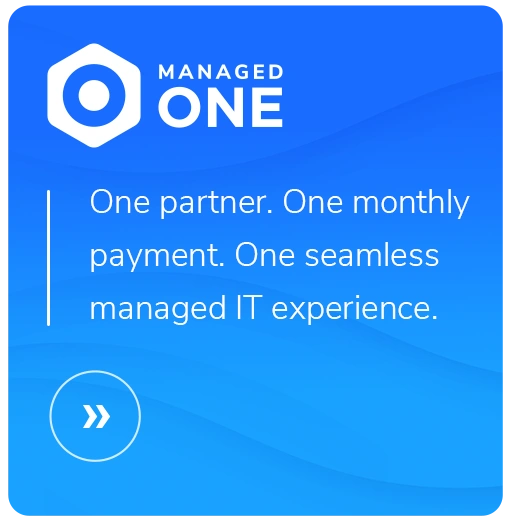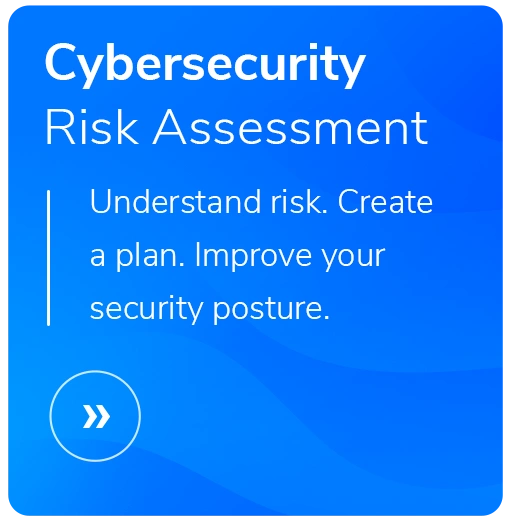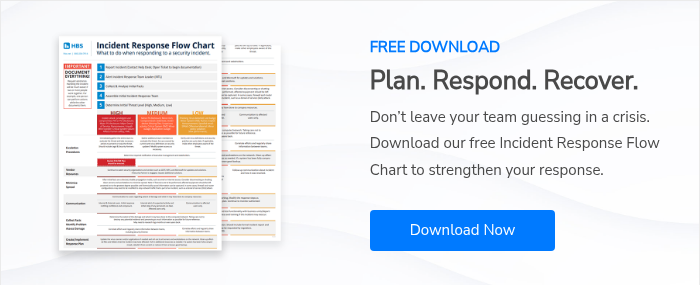What Is a 419 Scam? How to Recognize Them and Avoid Them
- Updated: May 8, 2025
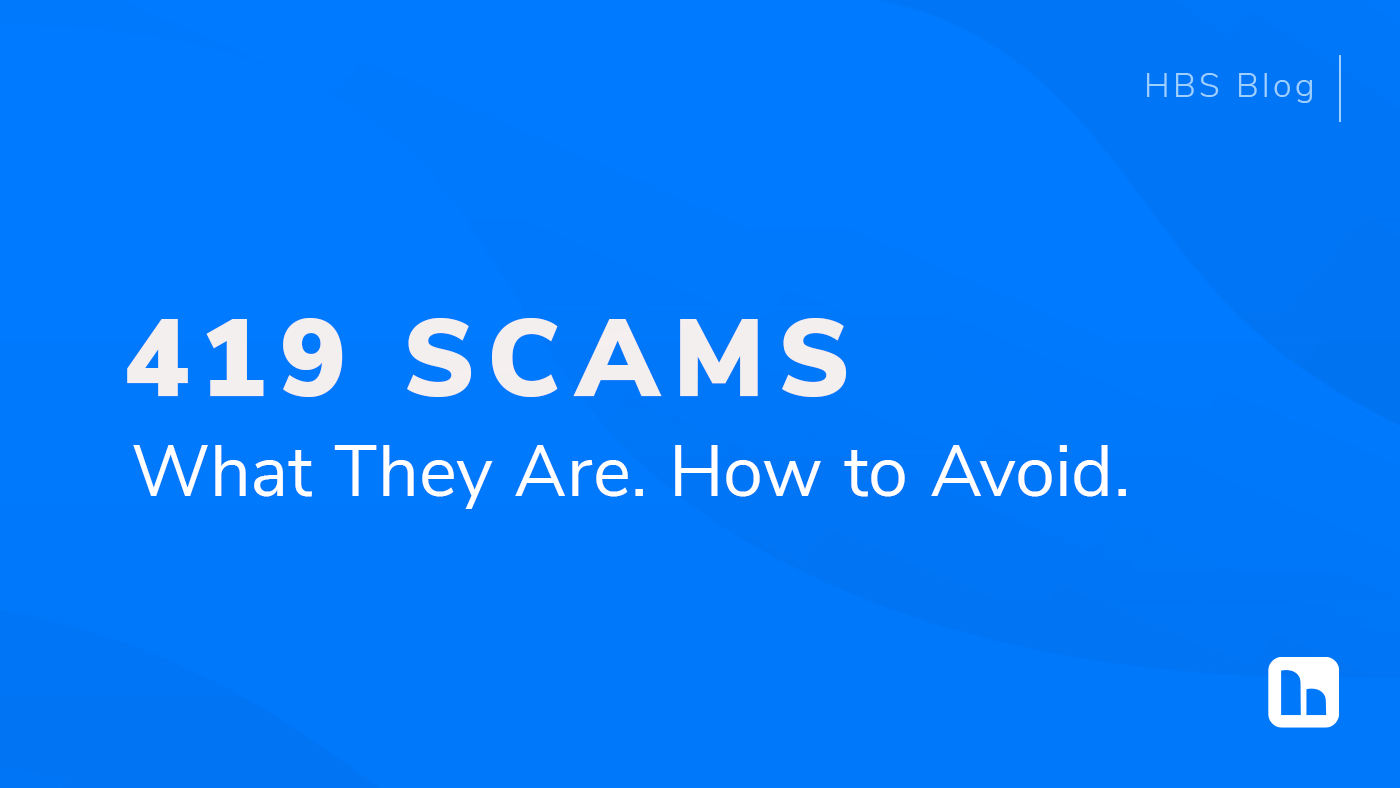
In sports, numbers tell a story.
Sometimes it’s a jersey number. Sometimes it’s an area code scrawled on a piece of eye black — a quick shout-out to home. No harm there. Just hometown pride on display for the world to see.
But there’s another 419 you should know about. And it’s not something to celebrate.
This one doesn’t belong on a football field. It belongs in your spam folder.
419 isn’t an area code. It’s a scam. And it’s still costing people millions of dollars every year.
What Is a 419 Scam?
A 419 scam is a type of advance-fee fraud—a classic online scam where the victim is promised a large sum of money in exchange for paying upfront fees.
The term comes from Section 419 of the Nigerian Criminal Code, which addresses fraud. These scams are often called Nigerian 419 scams or Nigerian prince scams, but their tactics go far beyond royalty.
How Do 419 Scams Work?
Most 419 scams start with a message — often an email — claiming you’ve been chosen for a lucrative opportunity. It might look something like this:
- A wealthy individual needs help moving millions out of their country.
- You’ve been selected for a secret business deal.
- An inheritance is waiting—and only you can claim it.
All you need to do? Provide your bank account information and pay a small fee to get started.
What happens next is predictable — but still effective. The scammers string victims along, asking for additional payments to cover “legal fees,” “transfer taxes,” or “bribes” to corrupt officials.
In the worst cases, these scams can escalate beyond financial loss, leading to identity theft, extortion, or even kidnapping.
Common 419 Scam Examples
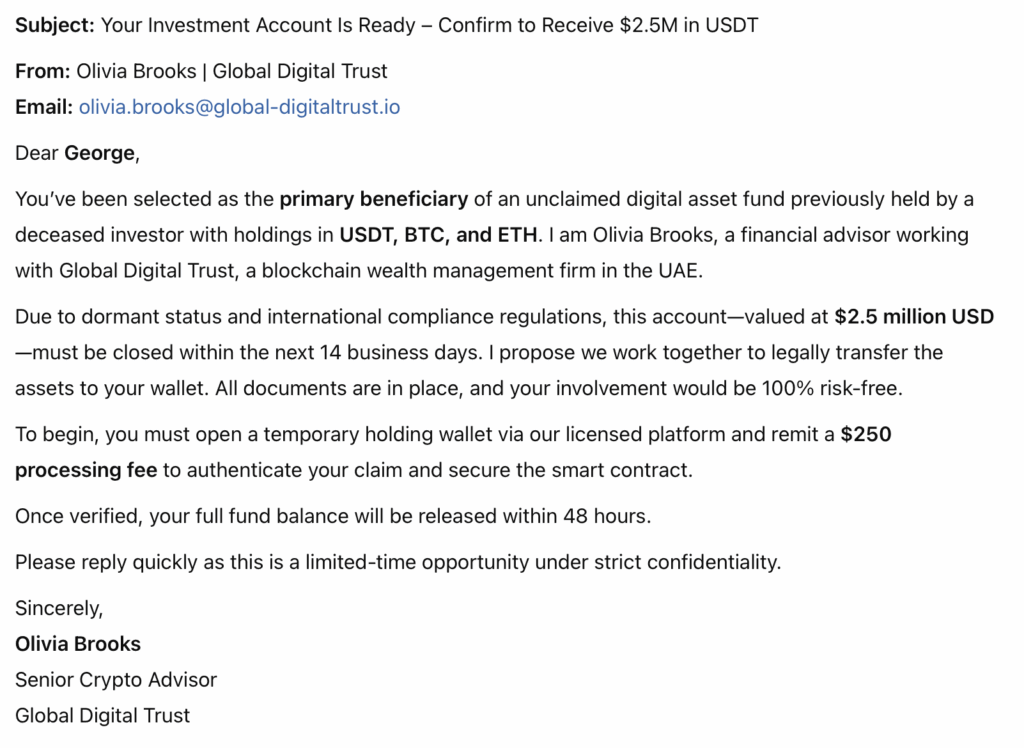
While email scams are the most well-known, 419 scammers operate across many platforms:
- Craigslist scams and other online marketplace fraud
- Fake job offers that require an upfront fee
- Romance scams that build trust before asking for money
- Lottery or inheritance scams promising huge payouts
Some reports estimate that over 50% of scams on Craigslist and similar sites can be traced back to 419-style fraud gangs.
Are 419 Scams Still Happening Today?
Yes—and they’ve evolved.
419 scammers now use social media, fake websites, and messaging apps to reach victims faster and appear more legitimate. Some even boast about their crimes openly on platforms like Facebook, coordinating scams as part of organized cybercrime rings.
Groups like the Nigerian Cyber Hunters and Nigerian Cyber Army have gained notoriety for their online presence and brazen tactics.
Additional Resources on 419 Scams
For more information about 419 scams and other common internet scams, check out:
Not Sure Your Team—or You—Would Spot a 419 Scam?
A lot of people don’t—HBS can help. Your employees are your first line of defense. Equip them with the training they need to recognize phishing, scams, and other online threats. Get in touch with us today.
How to Avoid 419 Scams
Here’s what to watch for:
- Emails or messages with urgent requests for help moving money
- Promises of high payouts for little effort
- Requests for personal banking information
- Upfront payment requirements for a larger reward
Remember: If it sounds too good to be true—it is.
Protecting Your Organization from Online Scams
While 419 scams mostly target individuals, they can have ripple effects on your organization. Employees who fall victim could compromise sensitive personal or business data.
That’s why security awareness training should be part of every security program. Most companies focus on phishing, but expanding your training to include types of online scams like 419 fraud can protect your team inside and outside of work.
Related Content

Don’t Get Hooked by Phishing: Identify Safe Internet Domains
Learn how to evaluate URLs, recognize phishing domains, and stay safe online. This guide breaks down internet domains and offers tips to avoid phishing scams.
Infographic: Spotting Business Email Compromise
Discover the pillars of resilience to keep your business robust amid challenges. Embrace continuity with expert strategies.

Security Awareness, Training, and Education – A Learning Continuum
In the realm of information technology (IT) and information security, the distinction between “security awareness” and “training” is crucial. Learn why.


